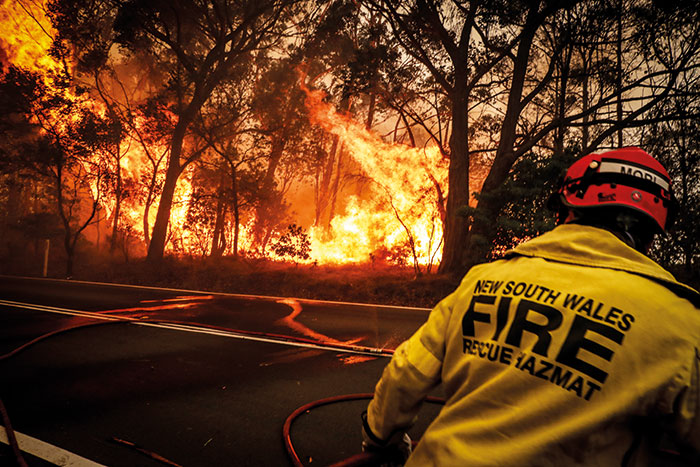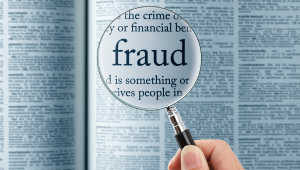
In an age of climate change and declarations of climate emergencies, local authorities should be aware of the potential risk their action, or indeed inaction, creates.
The impact of climate change is being seen globally in changes in weather patterns. The UK has experienced significant shifts in temperature, storms and flooding that has engulfed parts of the country.
While many councils have declared climate emergencies, few have taken meaningful steps to ensure they are reaching their climate objectives. Becoming carbon neutral means reducing carbon dioxide emissions to net zero. In order to accomplish this, local authorities must balance their emissions with carbon removal or take steps towards the complete elimination of their emissions.
This is easier said than done.
According to research conducted by the European Court of Auditors, of the 49 UK councils surveyed that have said they seek to become carbon neutral by 2030, 11 do not know their own carbon footprint and the majority do not have a plan to reduce carbon emissions from housing and infrastructure. 2019 was a great year for awareness, but further action is required to turn that awareness into tangible goals.
Although some councils are not playing their part in reducing emissions, most were full participants in the government’s Carbon Reduction Commitment (CRC) Energy Efficiency Scheme. This was introduced in 2007 and required local authorities to submit a report on their annual carbon emissions for qualifying energy supplies and purchase carbon allowances for these.
While this scheme was discontinued last year, it paved the way for continued action on the part of local authorities.
Increased publicity and public action against climate change also placed greater scrutiny on the action or inaction of authorities.
So what exactly is being done?
There are quick wins. These include ‘cleaner procurement’, partnering with or procuring services from organisations that are committed to the green agenda through their own actions; or the purchase of carbon credits, a tradable certificate or permit representing the right to emit one tonne of carbon dioxide or the equivalent amount of a different greenhouse gas. But this all comes with risk.
With increased scrutiny on council actions and increased pressure to meet tighter controls and targets, there is also the increased risk of over-reporting performance, or reliance on third-party contractors to meet targets or face penalties. Councils need help from these contractors, but working with external vendors increases the chance of becoming entangled with companies using questionable schemes. Over-reporting performance or becoming embroiled in carbon credit fraud could cause reputational damage, but so could taking no action.
Fraud is not something that is typically mentioned in climate discussions, but is something that we have to acknowledge. It is right for councils to be proactive and take the necessary steps towards a cleaner and greener future, but they must assess and mitigate the risks along the way. Whether that is through due diligence in contract awarding, or implementing stronger controls to increase confidence in performance figures, positive action to protect the authority is required.
If we want to be carbon neutral by 2030, councils must be innovative and take risks, but this should not come at the cost of public finances lost through fraud. We must use the resources we have now to reap benefits in the future, and we also ask them to do so with the knowledge that fraud is a risk requiring adequate control.




















